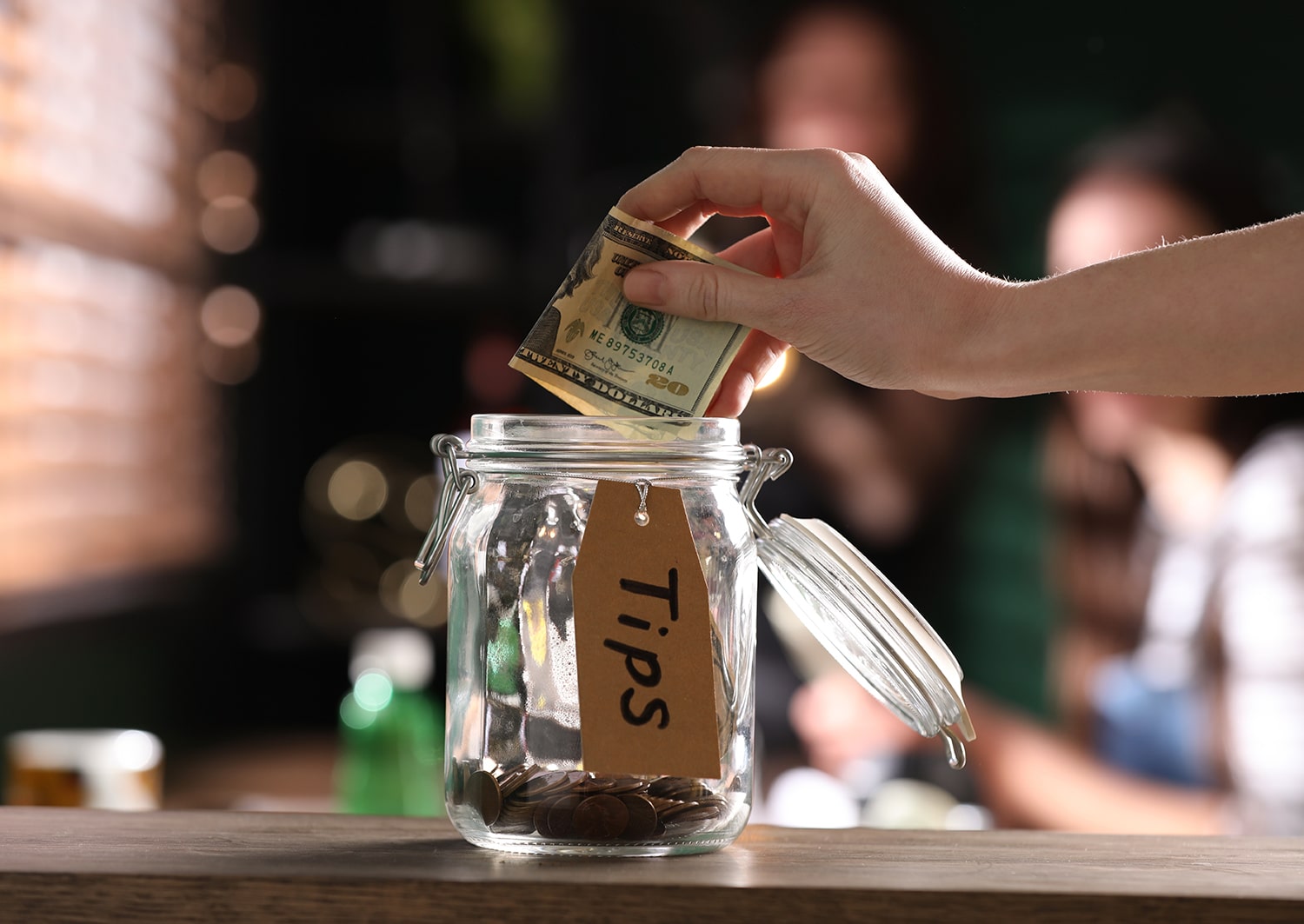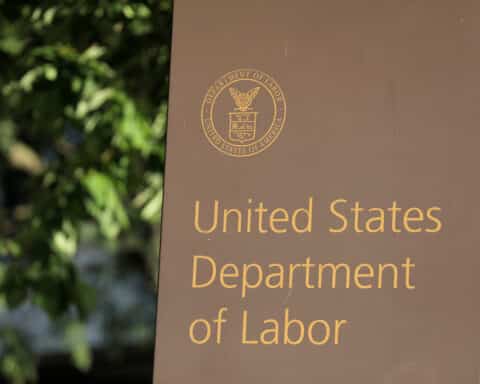“This tipping business is really getting out of hand,” my restaurant server said to me when I explained I was writing a story on giving tips and asked what she thought. “Unless I can see that person with my own eyes, giving me service, I am not going to give a tip. They ask for tips now when you buy something on the internet!”
“And you can’t so much as get a coffee at a counter,” I said, “without getting hit up for a tip.”
It was very annoying, she agreed. She explained that her contractual wage was $10 per hour, but with tips between $15 and $30 per hour. The restaurant guarantees her $13/hour and will make up the difference if tips fall short.
“Used to be that 15% was standard,” I said. “Now it’s 20%.”
“Yes,” she said. “If a customer wants to make a point, he has to go up to 25% or more.”
An economist’s view
My wife, an economist, was with me. After the server left, I asked her, “People say that tips solve ‘the principal-agent problem.’ Do you agree?”
“A tip is an incentive,” she replied, “and incentives, of course, are a recognized way of handling cases where the employer cannot supervise the work constantly. The customer becomes the supervisor. Supervision is delegated to the customer.”
“But is tipping better than asking a customer satisfaction question and giving merit pay based on the answers?” I asked.
“Tipping is certainly better,” my wife said. “If you are an owner or manager, you want the server to give the best service, because the server just is the face of the business to the customer. An immediate reward is best. That’s what a tip is. You don’t want to find out after the fact that the server did a bad job. And you don’t need to manage it: The tipping system takes care of itself.”
Tipping should be used much more widely, she opined. Why not allow students to tip professors, much as Adam Smith advocated? In such a system, students would enjoy discretion in their use of tuition. As it is, administrators alone control the tuition.
“Historians say,” I rejoined, “that tipping came to America in imitation of the aristocratic class of Europe. So if tips are going up today, is that a sign we are becoming more elitist?”
“I don’t find that plausible,” my wife replied. “People are wealthier, and they know it. So they want to give bigger tips. We also have greater regard today for the workers who serve us.”
A Catholic theologian weighs in on tipping culture
Later, I brought up the topic with a theologian friend. “Studies have shown,” I said, “that people give bigger tips when others are watching. They want to be admired for being big spenders. Isn’t that like the Pharisees?”
“We must distinguish cases,” he said. “Sometimes a tip by convention is built into the compensation for a worker, like that server you spoke with. In such cases, not to give the expected tip — whether you like that expectation or not — is an injustice ‘which cries to heaven.’ That’s why I teach my children to tip generously as a matter of course.”
“But unusually large tips or unexpected tips, like almsgiving, are perhaps best given in secret, to preserve the purity of your motive. I don’t mean keep it secret from the server. At a coffee counter, I’ll look my server right in the eye as I put a bill into the jar and say ‘this is for you'”
“Tipping can be a form of almsgiving,” he continued, “That lady who cleans your room — she’s doing a job you wouldn’t want to do. She has a hard life. More likely than not she’s working to support her children. A ‘gratuity’ is beautiful as a recognition of honest work.”
“When tips are truly gratuities, they allow room for creativity before God. Here’s an example,” he said, “When my wife was in college, she worked the night shift at Dunkin Donuts. The manager did not allow tips. In his mind, if customers thought they had to tip, it would be like raising the prices. He’d lose business. But customers ignored his rule and secretly passed tips to her anyway. She would hide the tip in her shoe, so the manager didn’t see — very endearing! That is why, whenever I go to Dunkin Donuts, I think of her as a young woman, and I give a dollar tip. Secretly, I offer a prayer to God: ‘Thank you for my wife.'”
I thanked this friend for helping me to see that tipping can be sanctified and imbued with a sense of the person, just as work can be. I decided henceforth to follow the Golden Rule in tipping — and never to give a tip to someone without also saying a prayer for his soul.





